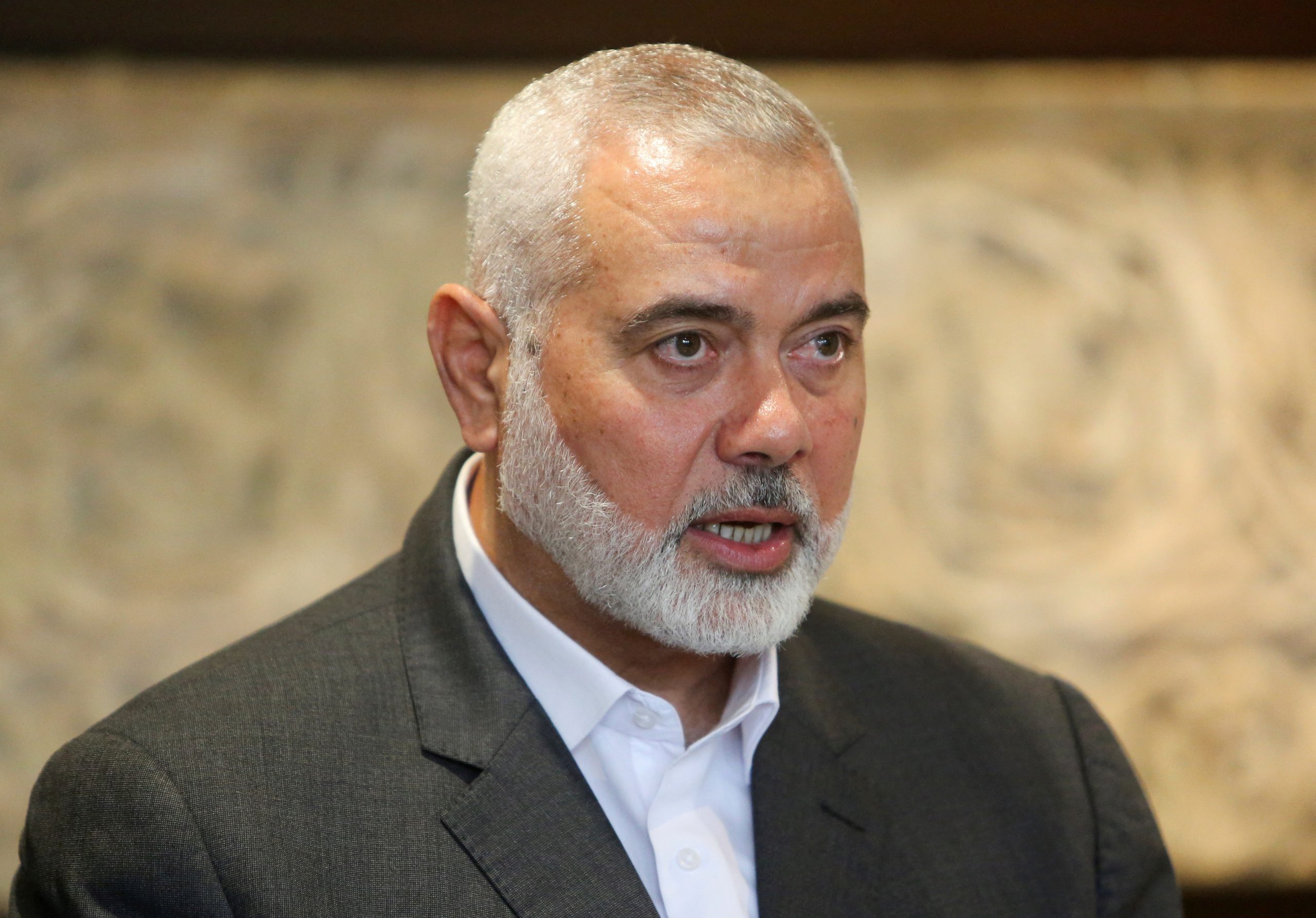Iran slams Western reaction over hospitalized teenage girl
Dubai (Reuters) – Iran hit back at Western criticism of its treatment of women on Thursday amid reports by rights groups that a teenage girl was in critical condition in hospital and in a coma following a confrontation with agents in the Tehran metro for not wearing the hijab.
Rights groups fear that 16-year-old Armita Geravand might face the same fate as Mahsa Amini, a 22-year-old woman whose death in a coma last year in the custody of morality police sparked months of nationwide protest.
Tehran denies reports by rights activists that Geravand was injured on Sunday in a confrontation with officers enforcing the country’s Islamic dress code, which requires women to wear a head covering.
Foreign Ministry spokesperson Nasser Kanaani criticized the United States, Britain and Germany for remarks they made in the past week about women’s rights in Iran and Geravand’s case.
“Instead of interventionist and biased remarks and expressing insincere concern over Iranian women and girls, you’d better be concerned about U.S., German and UK healthcare personnel, patients and tackle their situation,” he wrote on the X social media platform.
U.S. deputy special envoy for Iran Abram Paley wrote on X on Wednesday that Washington was following news of Geravand’s condition closely.
“Shocked and concerned about reports that Iran’s so-called morality police have assaulted 16-year-old Armita Geravand,” Paley said.
“We continue to stand with the brave people of Iran and work with the world to hold the regime accountable for its abuses.”
Germany’s Foreign Minister Annalena Baerbock had said on X: “Once again a young woman in #Iran is fighting for her life. Just because she showed her hair in the subway.”
New Hijab Law
Two prominent rights activists told Reuters on Wednesday that Geravand fell into a coma following what they said was a confrontation with agents in the Tehran metro for violating the hijab law.
CCTV footage shared on state news agency IRNA showed Geravand without a hijab accompanied by two female friends walking toward the train from the metro platform. Upon entering the cabin, one of the girls is seen immediately backing off and reaching for the ground, before another girl is dragged unconscious from the cabin by passengers.
Reuters could not immediately verify the authenticity of the footage.
The Tehran Metro Operating Company told IRNA the CCTV footage showed no sign of verbal or physical conflict between passengers or company employees.
In a video posted on IRNA Geravand’s parents said that their daughter had suffered a drop in blood pressure, lost her balance, and hit her head inside the metro cabin.
Rights groups on social media have urged authorities to publish footage from inside the cabin, claiming that her parents’ statement was made under duress.
U.N.-appointed rights officials last month expressed their concern over a new hijab law in Iran which imposes new punishments on women who do not wear the hijab in public.
Amini’s death in September 2022 sparked weeks of nationwide anti-government protests, Iran’s most serious unrest for years, and prompted a deadly crackdown by authorities.
Iran’s theocratic government has imposed restrictions on women’s dress since a popular revolution deposed the secular and Western-backed Shah in 1979.

